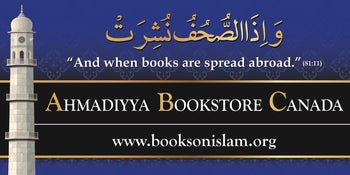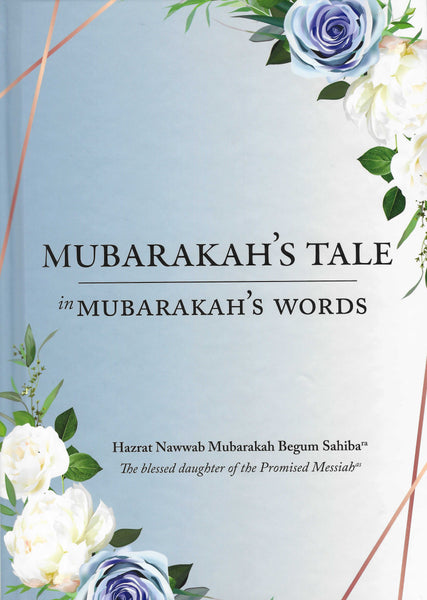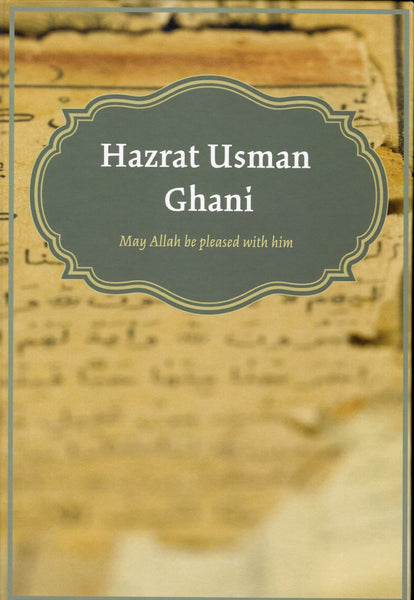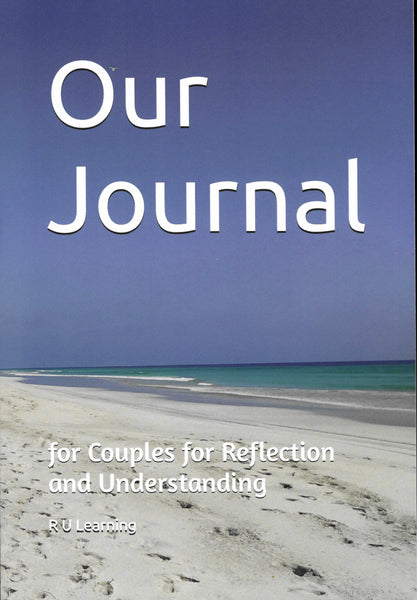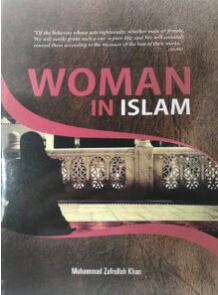
by Sir Muhammad Zafrulla Khan, (ra)
In many societies, a woman is still regarded as a second-class citizen and deprived of various basic rights enjoyed by the male population. Deeply resenting this discrimination, they have championed a fight to obtain for themselves an equal status which unfortunately to date eludes them in the more modern Western states. Whereas the pendulum has swung to the extremes and has opened the way to licentiousness in the modern society, the West has often regarded Islamic women as being backward in a male-dominated world.
On the contrary, Islam was the first religion formally to grant the women a status never known before. The Holy Quran, the sacred scripture of Islam, contains hundreds of teachings, which apply both to men and women alike. The moral, spiritual and economic equality of men and women as propagated by Islam is unquestionable. The specific verses of the Holy Quran, which address themselves to men or women, deal with either their physical differences or the role they each have to play in safeguarding the moral fibre of the society Islam envisages.
This short booklet, largely based on the original Quranic teachings, deals with the rights enjoyed by Muslim women, the diversity of their functions as Islam sees it, the concepts of marriage, divorce and polygamy and how social and moral values are preserved in Islam. I am particularly grateful to Muhammad Zafrulla Khan for writing a treatise on a subject so misunderstood by the West.
